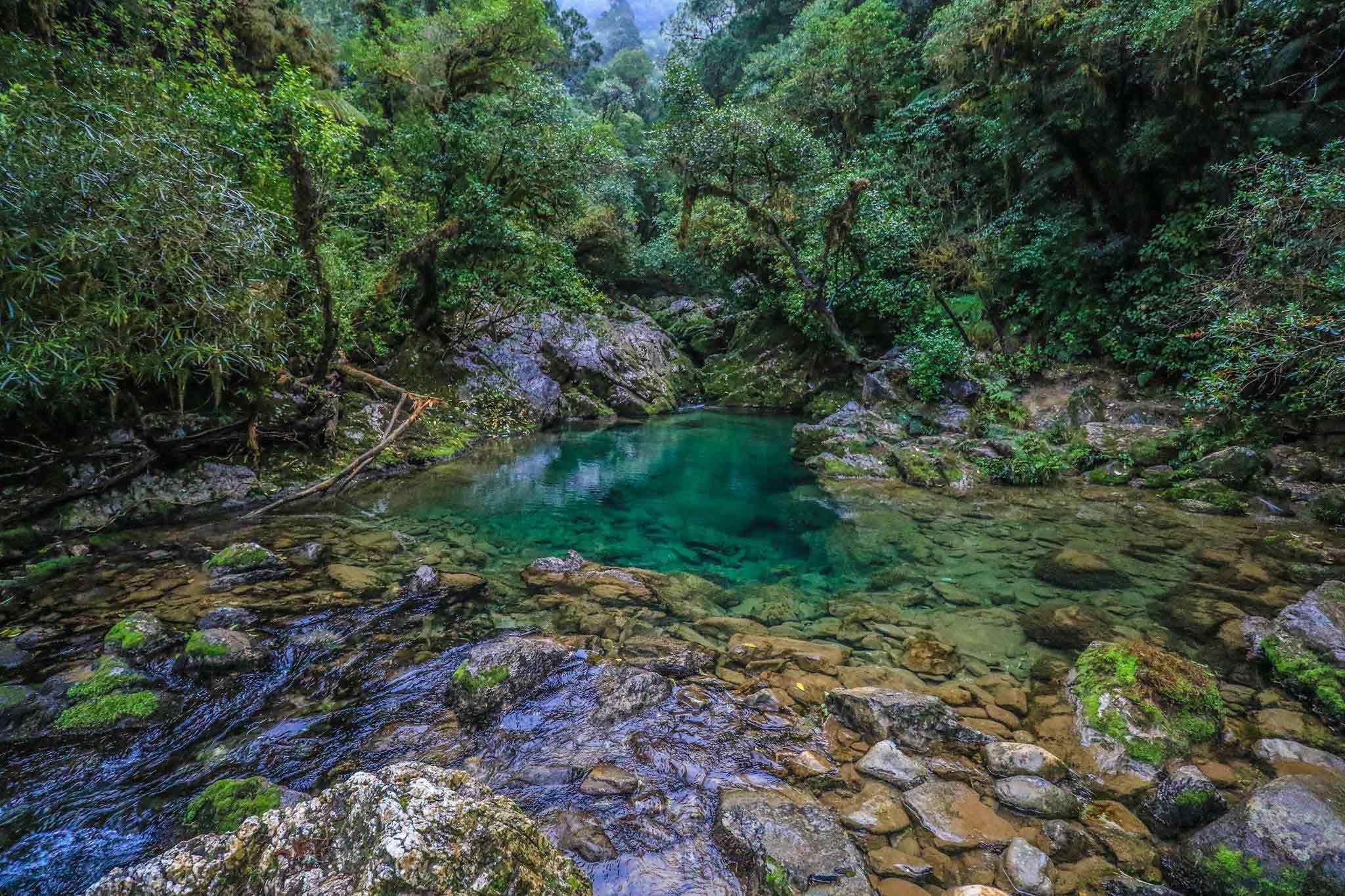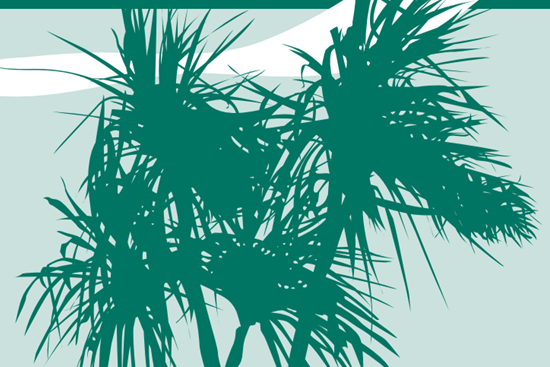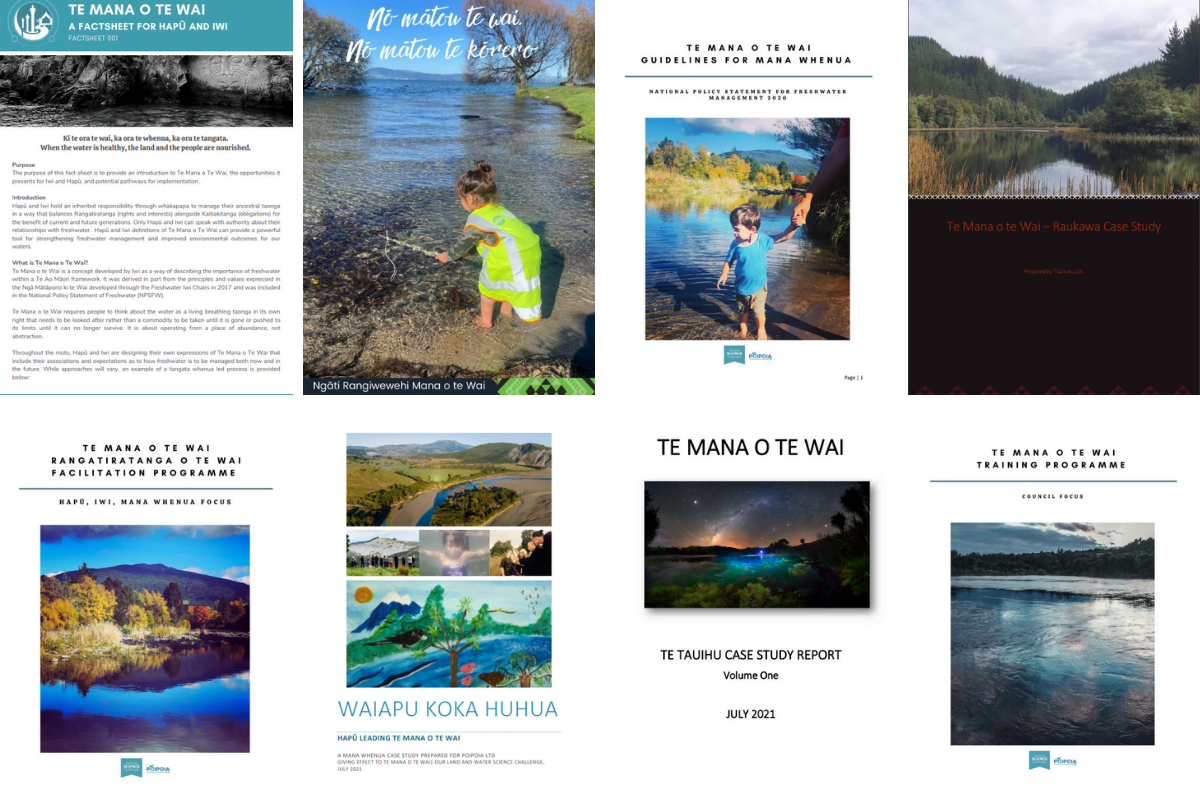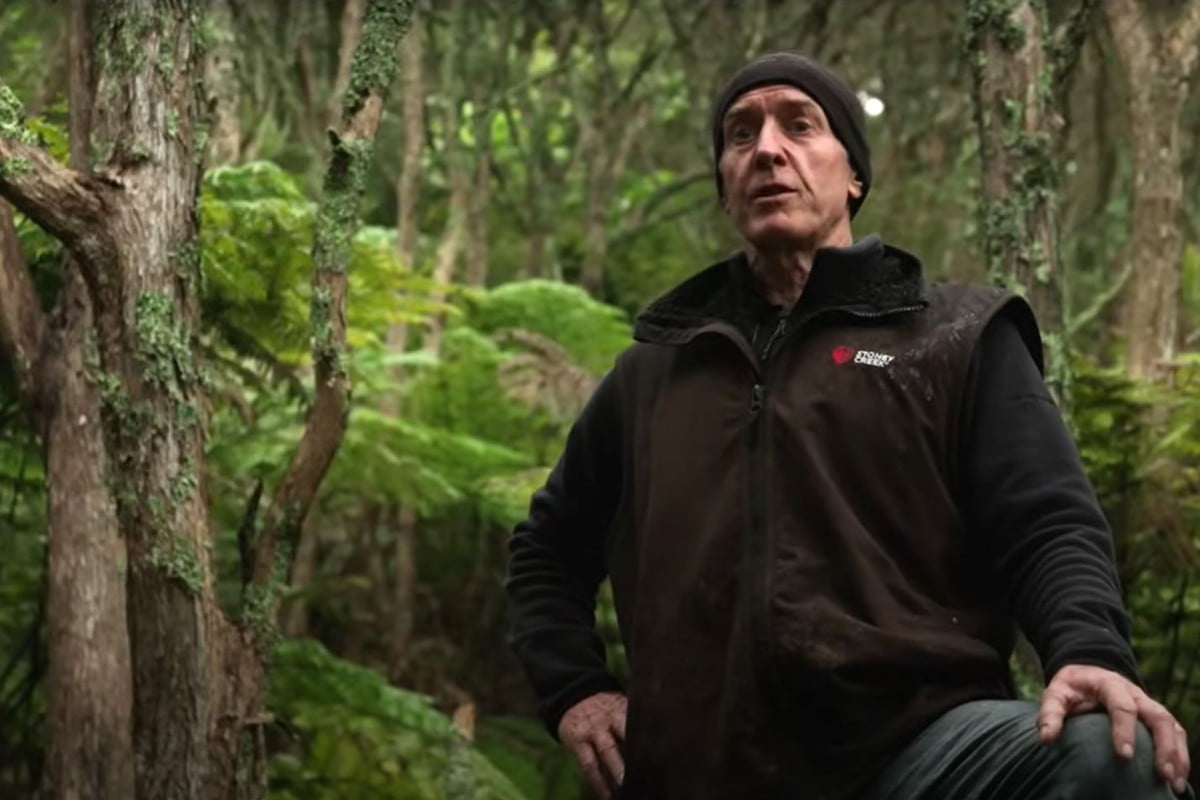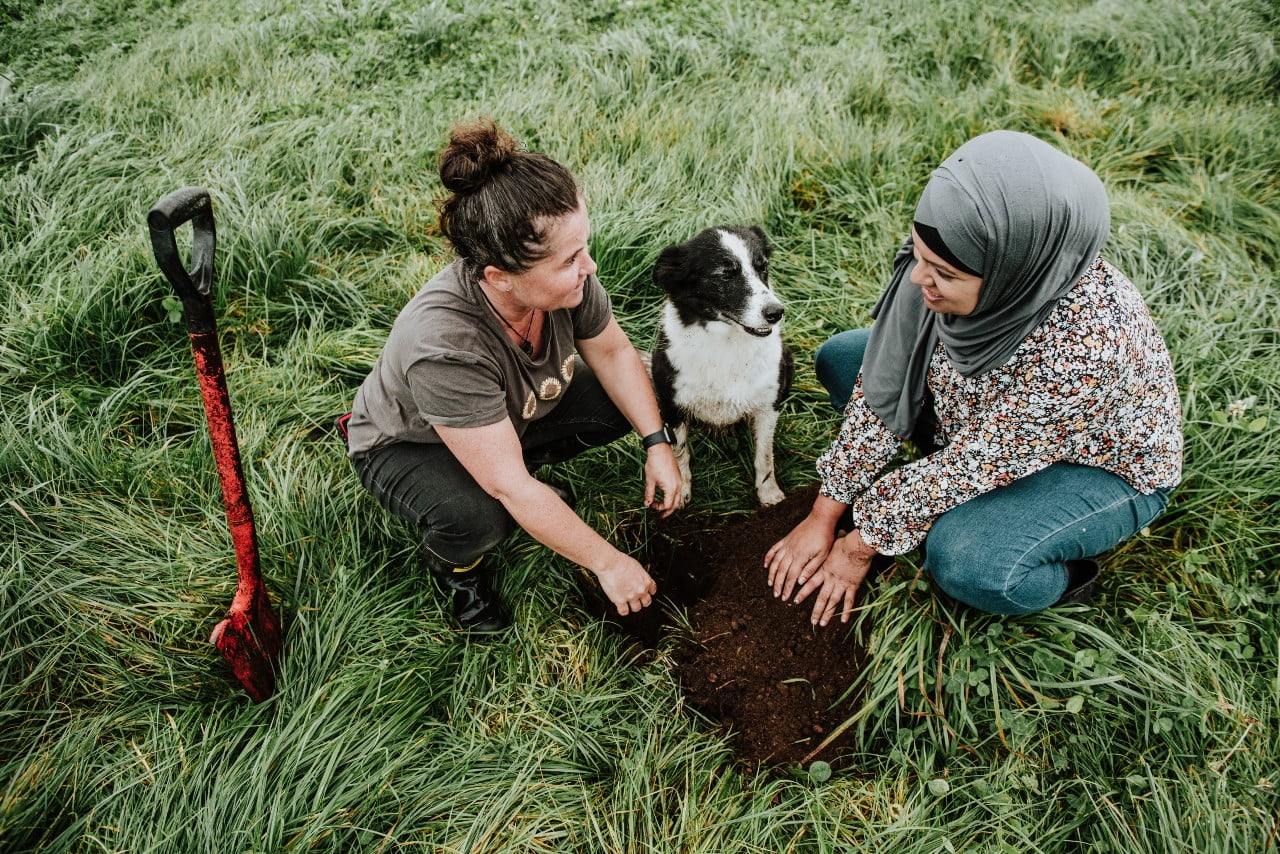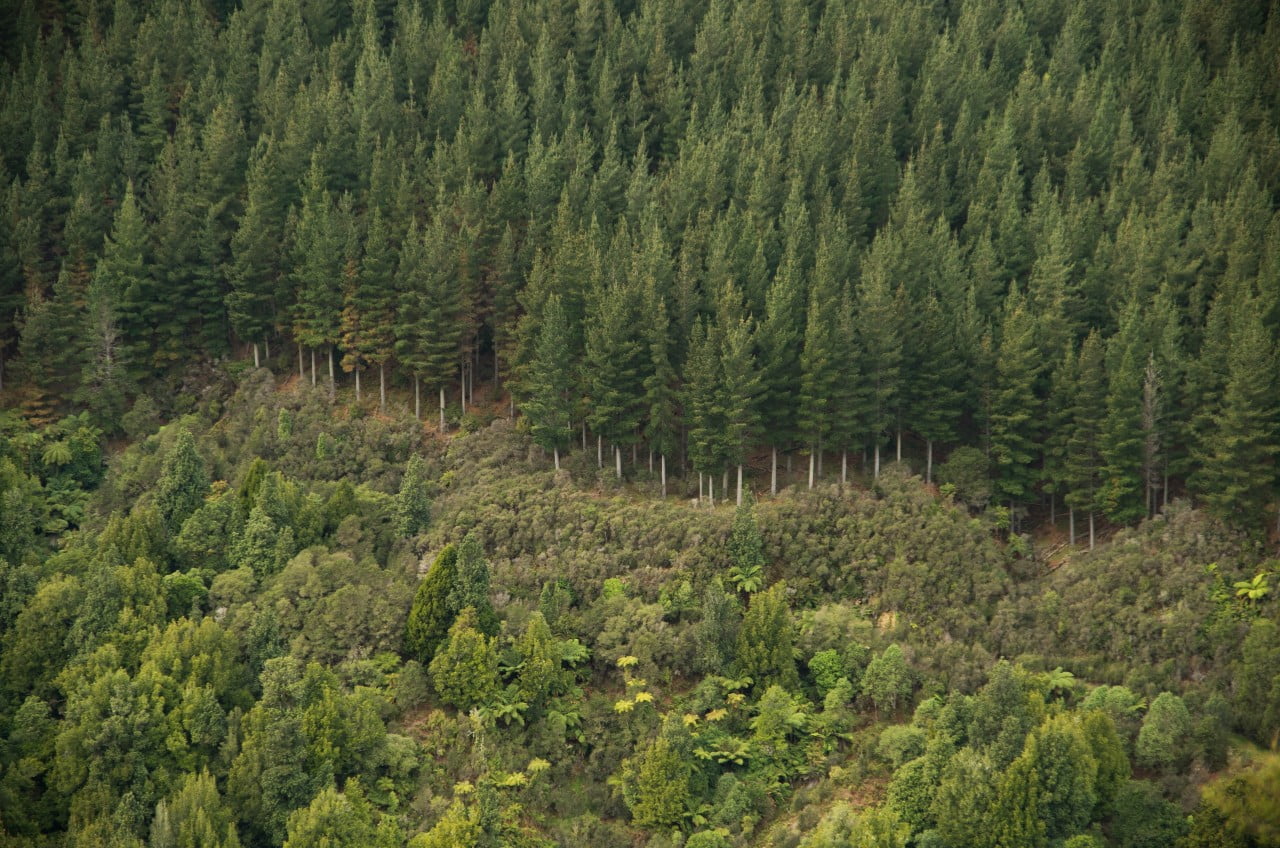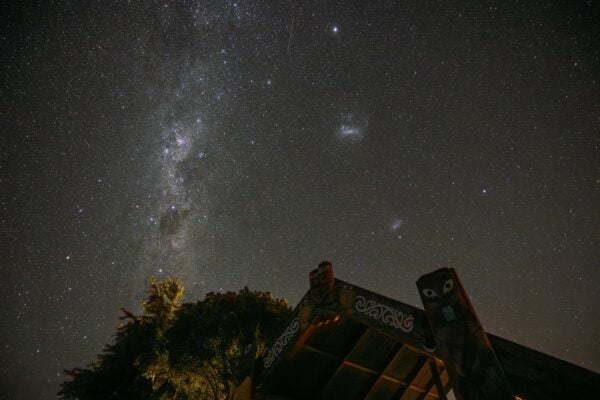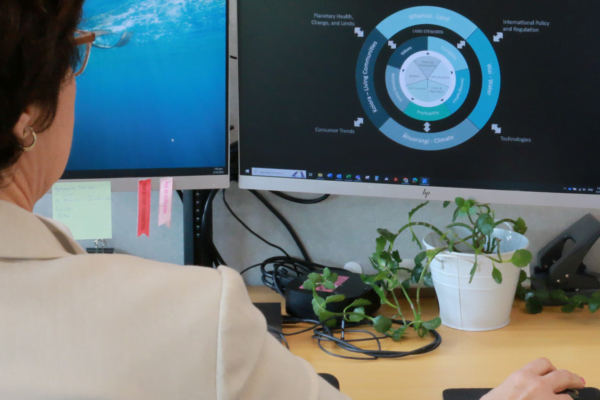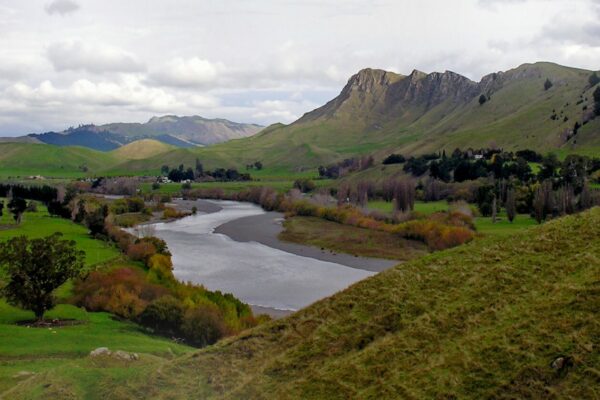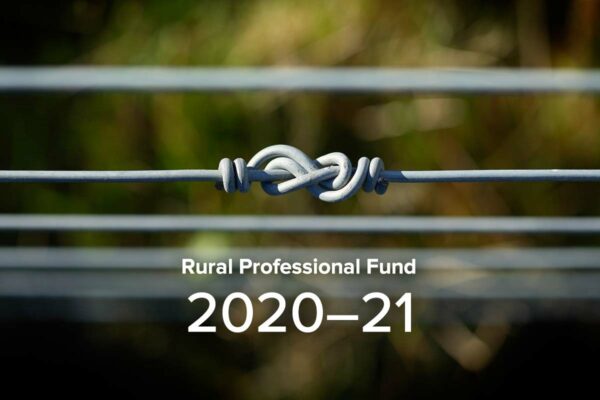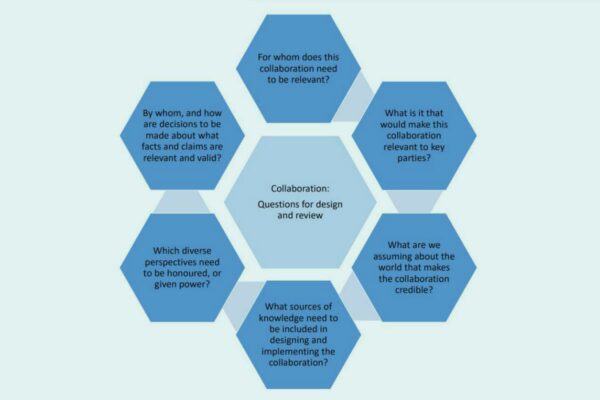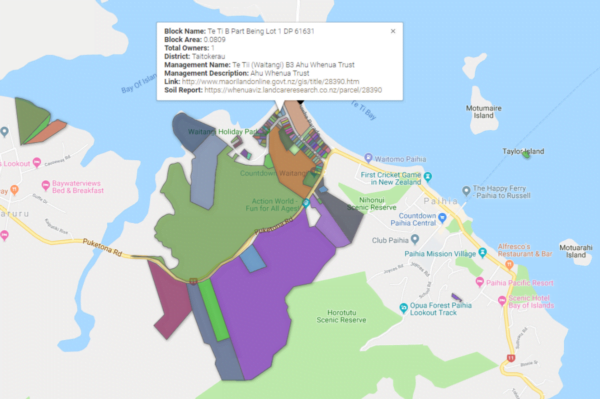Implementing Te Mana o Te Wai
Te Whakatinana i Te Mana o Te Wai
Supporting iwi, hapū, water users, and decision-makers to understand and implement policy that prioritises Te Mana o te Wai
Project Details Ngā taipitopito
Collaborators Ngā haumi
AgResearch | Bay of Plenty Regional Council | Environment Canterbury | Hikurangi Takiwa Trust | Ngāti Koata | Ngāti Kuia | Ngāti Tama Ki Te Waipounamu | Perception Planning | Poipoia Ltd | Te Ātiawa Manawhenua Ki Te Tau Ihu | Te Papatipu o Uepohatu Trust | Te Rūnanga o Ngāti Rārua | Te Tari Taiao o Ngāti Rangiwewehi | Te Tau Ihu o te Waka a Māui – Ngāti Apa ki te Rā Tō | Tihia Limited | Tuanuku Limited | Victoria University Of Wellington | Whaia Legal
What are we doing? E aha ana mātou?
What does water need to be healthy and well? What does water need to sustain itself? Te Mana o Te Wai is now the first principle for freshwater management in Aotearoa – a paradigm shift that puts the health of water first.
Once the health of water is provided for, then we can determine the quality and quantity of water available for essential human health, followed by the wellbeing of people and communities (socially, economically, and culturally).
The National Policy Statement for Freshwater 2020 has provided a blueprint for this transformation, but the integrity of its implementation will be essential. This project engages with iwi and hapū to explore what Te Mana o te Wai is for them. This perspective can create tools, guidance, and support for all users of water in Aotearoa where many are struggling to understand and give effect to this mātauranga Māori centered concept.
E aha ana mātou?
He aha ngā āhuatanga e hiahiatia ana e te wai kia hauora ai, kia ora ai? He aha e hiahiatia ana e te wai hei tautīnei i a ia anō? Ināianei ko Te Mana o te Wai ko te mātāpono tuatahi mō te whakahaerenga wai māori i Aotearoa – he huringa nui whakaharahara e whakaritea ai kia mātāmua mai te hauora o te wai.
Ina whakaritea te hauora o te wai, kātahi ka taea e tātou te whakatau i te kounga, i te nui o te wai e wātea ana mō te hauora ā-tangata waiwai, kātahi mō te oranga o te tangata, o ngā hapori hoki (ā-pāpori, ā-ohaoha, ā-ahurea anō hoki).
Kua tukuna e te National Policy Statement for Freshwater 2020 te tauira mō tēnei huringa, engari he mea waiwai kia pono ai tana whakatinanatanga. Ka tūhono tēnei kaupapa ki ngā iwi me ngā hapū hei whakatewhatewha he aha Te Mana o te Wai ki a rātou. Ka taea e tēnei tirohanga te hanga taputapu, kupu ārahi, tautoko hoki mō ngā kaiwhakamahi katoa o te wai ki Aotearoa, he uaua ki te tokomaha o rātou te mārama, te whakatinana hoki i taua ariā nō te mātauranga Māori tōna ngako.
How can the research be used?Ka pēhea e whai take ai te rangahau?
- This project has produced a suite of practical tools and resources to support Te Mana o te Wai (see Resources, below).
- The guidance documents set out pathways for implementing policy that prioritises the mana of wai, ensuring the work is led by mana whenua and will improve the wellbeing of our rivers, lakes, aquifers and estuaries.
- One set of guidelines is to support the upskilling of mana whenua practitioners, to understand the current state of their water and define their aspirations, local context and preferred monitoring methods, so that regional regulations can be implemented in a way that truly prioritises the mana of wai and restores mauri.
- The other set of guidance is for staff in regional authorities and government. It includes a training module with teaching notes, references and presentations.
- A collaborative audit enabled regional authorities and mana whenua to consider the current state of the implementation of Te Mana o te Wai in their organisations and create a work plan to address gaps.
- The project created a template to support iwi and hapu to establish a Taiao Unit, for outlining a business case for Te Mana o Te Wai implementation.
- The project team created a set of Te Mana o te Wai factsheets and a set of four iwi-led Te Mana o te Wai case studies.
Ka pēhea e whai take ai te rangahau?
- Kua whakaputaina e tēnei kaupapa tētahi kete o ngā taputapu me ngā rauemi whai take hei tautoko i Te Mana o te Wai (tirohia Ngā Rauemi, ki raro nei).
- E whakatakotoria ana e ngā tuhinga aratohu ngā ara mō te whakatinana i te kaupapa here e whakamātāmua ana i te mana o te wai, mā te whakarite kia ārahina te mahi e ngā mana whenua, ā, ka whakapikia te oranga o ō tātou awa, o ō tātou roto, o ō tātou mātāwainuku, o ō tātou wahapū hoki.
- Hei tautoko i te whakaakoranga o ngā kaimahi mana whenua tētahi huinga aratohu, kia mārama ai ki te āhuatanga o nāianei o tō rātou wai, hei tautuhi hoki i ō rātou tūmanako, i te horopaki pātata, i ngā tikanga aroturuki mariu, kia taea te whakatinana i ngā waeture ā-takiwā mā te āhua ka tino whakamātāmua ai i te mana o te wai, ka whakaora ai i te mauri anō hoki.
- Mā ngā kaimahi ki ngā kaunihera, ki te kāwanatanga hoki tērā atu huinga aratohu. Kei roto i tērā ko tētahi wāhanga whakangungu me ngā tuhipoka whakaako, ngā tohutoro me ngā whakaaturanga.
- I whakaaheingia ngā mana ā-takiwā me ngā mana whenua e tētahi tātari ngātahi kia whai whakaaro ki te āhuatanga o nāianei o te whakatinanatanga o Te Mana o te Wai ki ō rātou whakahaere, me te hanga i tētahi mahere mahi hei anganui ki ngā āputa.
- I hangaia e te kaupapa tētahi tātauira hei tautoko i ngā iwi me ngā hapū ki te whakatū i tētahi Wāhanga Taiao, mō te whakatakoto i tētahi kēhi pakihi mō te whakatinana i Te Mana o te Wai.
- I hangaia e te rōpū kaupapa tētahi huinga pukameka mō Te Mana o te Wai me tētahi huinga o ngā rangahau whakapūaho e whā mō Te Mana o te Wai e ārahina ana e te iwi.
Related research updates Ngā pānui mō te rangahau nei
Participation & engagement Te hunga i whai wāhi mai
- Two wānanga were held with mātauranga Māori practitioners from around the country hosted in Te Whanganui-a-Tara and Taranaki. These brought together some of the country’s leading experts to discuss their relationship with wai, and how this needs to be reflected in the implementation of Te Mana o te Wai.
- We held a wānanga in Rotorua, hosted by Te Arawa Lakes Trust, drawing together iwi and hapū Taiao practitioners to discuss the policy itself, how implementation could be improved and what the barriers are to uptake.
- Iwi and collective of iwi of four catchments participated in this project as case studies (Waikato River, Waiapu River, Awahou Stream and Taniwha Springs, and Te Tauihu). Participants included mana whenua and people from regional authorities. Participants shared their relationship with and aspirations for their waters, their current roles, and responsibilities, how they plan to prioritise Te Mana o te Wai within their organisations, and the challenges they face and opportunities available in enacting policy that prioritises Te Mana o te Wai.
- Case study collaborators include: Ngāti Raukawa; Hīkurangi Takiwā Trust and Te Papatipu o Uepohatu Trust; Ngāti Rangiwewehi Charitable Trust and Te Tauihu; eight iwi; and three local authorities contributing to varying degrees, including Tasman District Council and Marlborough District Council.
 View Our Strategy Document 2019 – 2024
View Our Strategy Document 2019 – 2024



